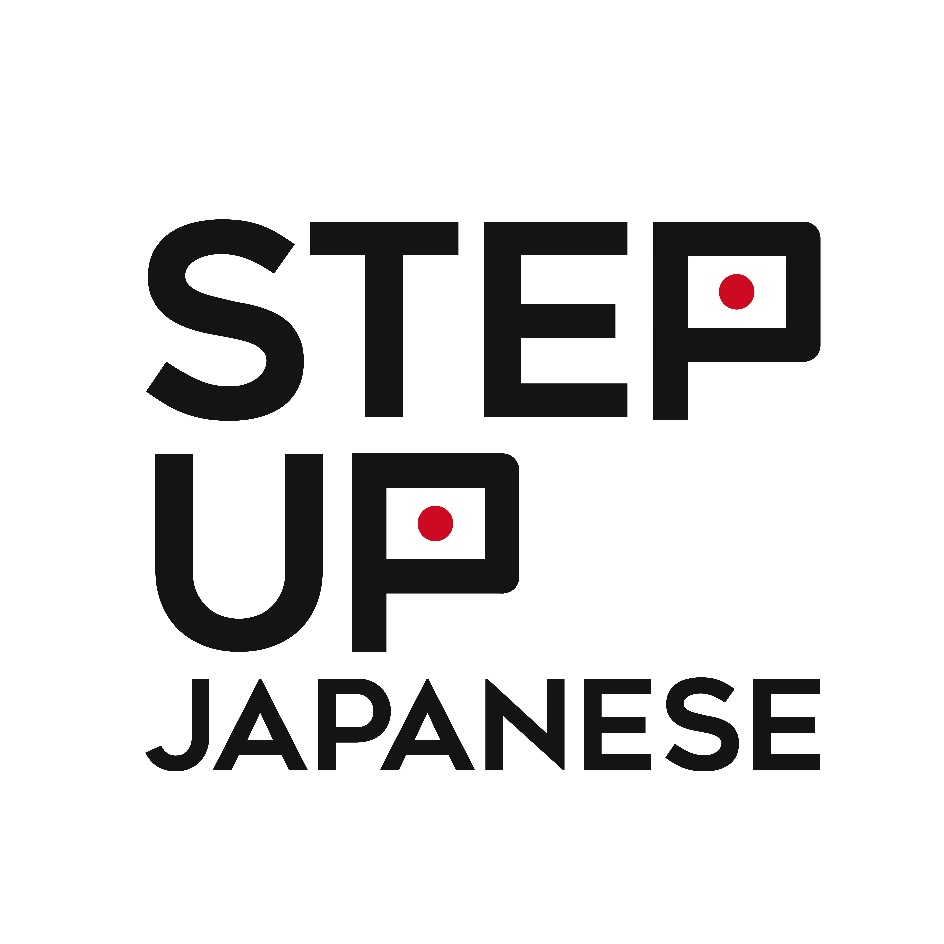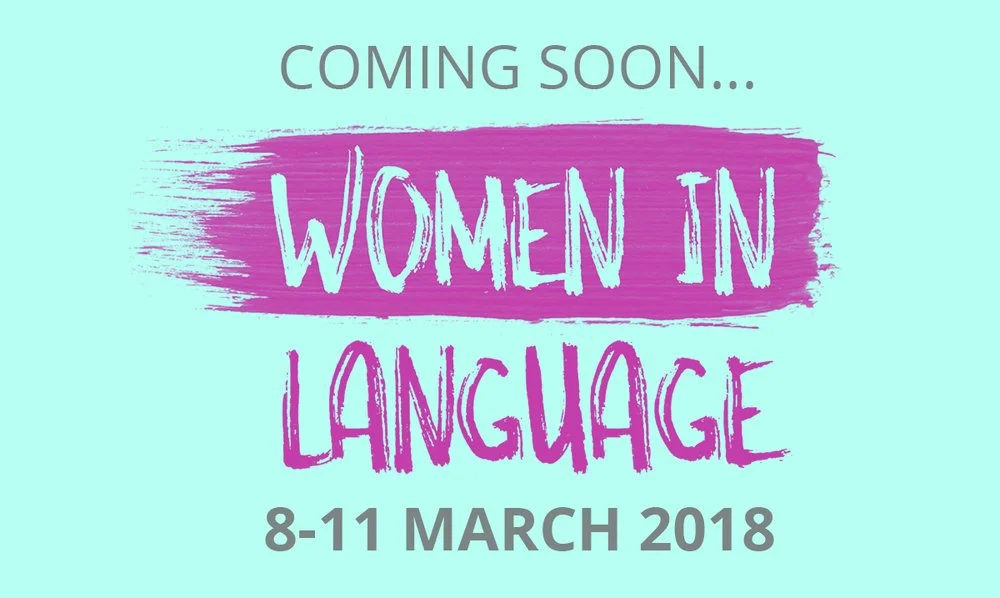What is Community Interpreting and Why Does it Matter?
The dentist talked for a long time, in Japanese I didn't understand, pointing and waving his hands at the X-ray on the wall. I was completely lost.
After he'd talked for about five minutes, my Japanese boss translated for me: "He says you need to fix this tooth."
That's it? I thought. The dentist had been talking for ages. He can't possibly have only said "you need to fix this tooth".
The first year I was in Japan I had a lot of dental work done.
I broke a tooth (ouch!) and then it kept breaking. It was unpleasant.
I'm very grateful that my Japanese boss came to these appointments with me. And when he couldn't come, his mum would come with me. It was really kind of them.
But I usually didn't really understand what was going on. Imagine if I'd had access to a professional interpreter instead?
I often have interpreting on the brain. My "other job" (i.e. what I do when I don't have my Step Up Japanese hat on) is working in the offices of a community interpreting service here in Brighton.
So what is Community Interpreting?
Interpreting is listening to what is said in one language, and communicating the meaning in another language. And Community Interpreting (as opposed to conference interpreting, or interpreting in business meetings etc) basically exists to enable people to access public services.
Community Interpreters attend medical, legal and housing appointments with people who have limited English, helping them to understand fully what's going on.
Using a professional interpreter guarantees that interpreting is accurate and unbiased.
The interpreter's job is to remain impartial in a three-way conversation between the person with the language need (in Japan, that was me), and the professional they're seeing (the dentist).
Ah yes, my Japanese dentist.
After a while I could understand enough to attend the appointments by myself. Sometimes, I could tell the dentist was using simple language, to ensure I understood. That was kind of him.
But some medical messages are too important to be said in simple language.
So how would my experiences in Japan have been different if I'd had access to a professional interpreter?
It would have been empowering to make decisions about my medical care, without having to ask my boss's mum. I'm sure I would have felt a little less scared of the dentist waving his hands around, too.
If you'd like to learn more about Community Interpreting from a global perspective, you should check out Madeline Vadkerty's talk "Making the World a Better Place As an Interpreter" at next week's Women in Language event.
I'm really looking forward to hearing Madeline speak about her experiences as a Community Interpreter, helping asylum seekers and survivors of torture to rebuild their lives.
(I'll be speaking too - eek!)
Your ticket for Women in Language gets you access to the entire 4-day event with over 25 awesome women speaking.
Click here to get your ticket before the event begins on Thursday 8th March 2018.


